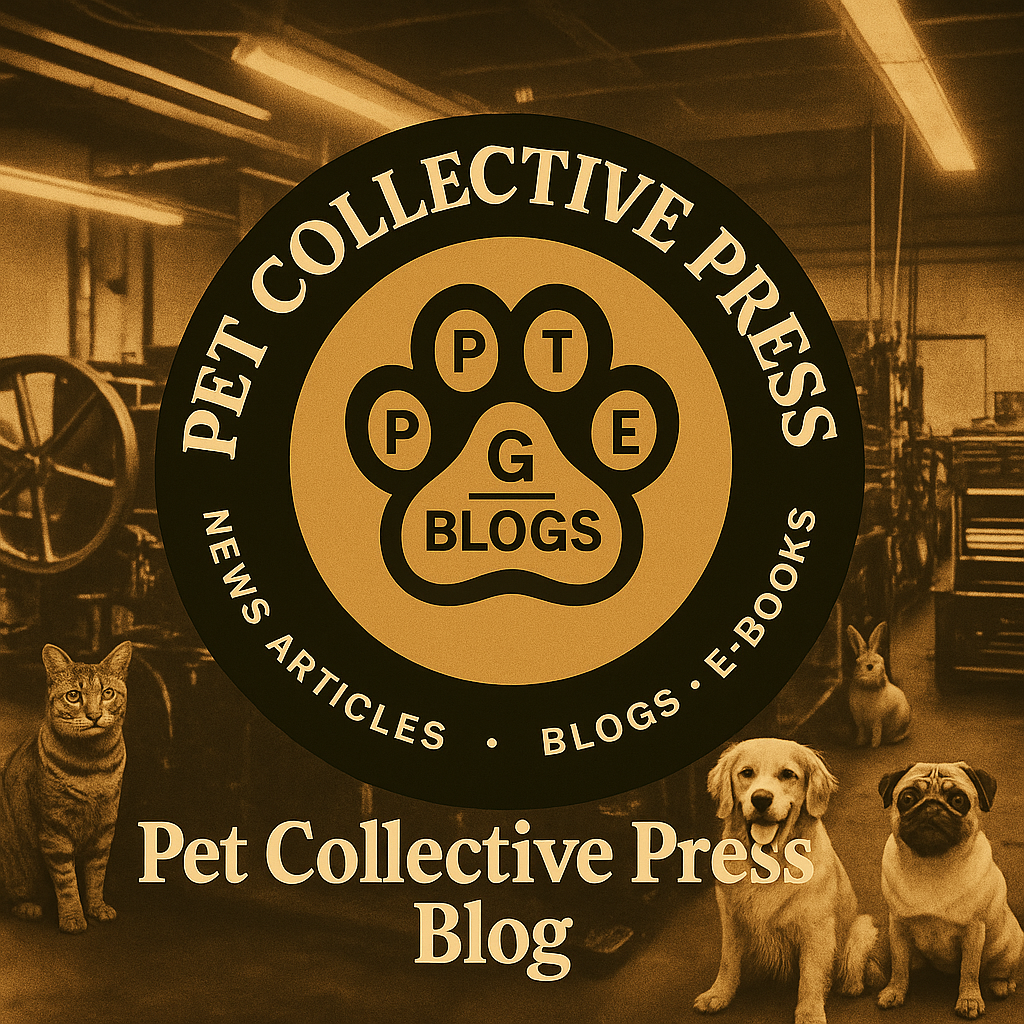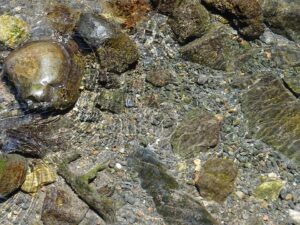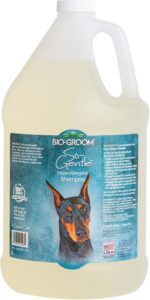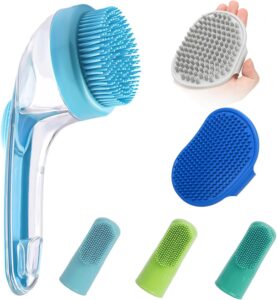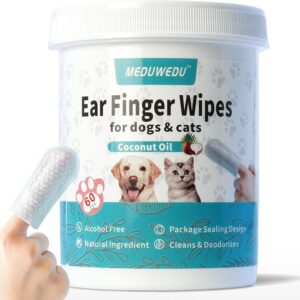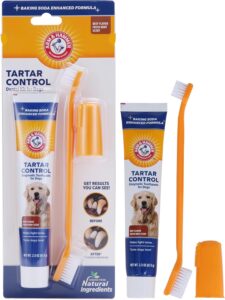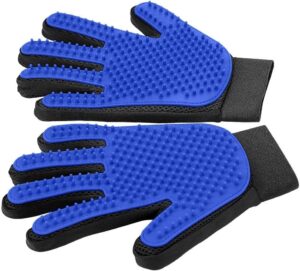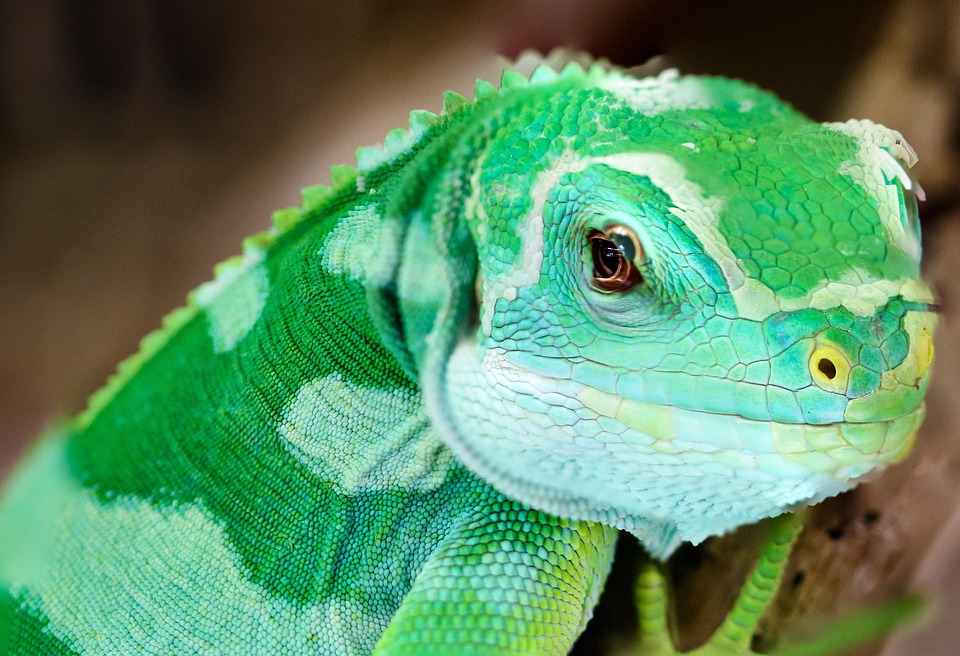
### The Ultimate Guide to Insectivore Reptile Diets: Boosting Health and Vitality for Your Exotic Pets
Reptiles have long fascinated humans with their unique behaviors, vibrant colors, and diverse species. Among these captivating creatures, insectivorous reptiles, or insectivores, hold a special place for reptile enthusiasts. These reptiles predominantly feed on insects and other arthropods, and ensuring they receive a well-balanced diet is crucial for their health and vitality. In this comprehensive guide, we will delve into the dietary needs of insectivore reptiles, offering insights into optimizing their nutrition to keep them thriving.
#### Understanding Insectivore Reptiles
Insectivore reptiles, as the name suggests, primarily consume insects. This group includes a variety of species such as geckos, anoles, chameleons, and certain types of lizards and skinks. These reptiles have evolved to thrive on a diet that is rich in protein and low in fat, which insects naturally provide. Understanding their dietary requirements involves recognizing the importance of variety, nutrient content, and feeding frequency.
#### The Importance of a Balanced Diet
A balanced diet is paramount for the health of insectivorous reptiles. Just like humans, these reptiles need a mix of proteins, fats, vitamins, and minerals to maintain their physiological functions. In the wild, they have access to a broad range of insects, which provides them with the necessary nutrients. Replicating this diversity in captivity can be challenging but is essential to prevent nutritional deficiencies.
#### Essential Nutrients for Insectivores
1. **Proteins and Amino Acids:** Insects are a primary source of protein, essential for growth, repair, and overall health. Different insects offer varying levels of protein, so it’s beneficial to provide a mix of species.
2. **Fats:** While insects are naturally low in fat, a small amount is necessary for energy. Balance is key to avoid obesity and related health issues.
3. **Vitamins:** Vitamins A, D, and E are crucial for immune function, vision, and cellular health. These vitamins should be provided through a varied diet and supplements if necessary.
4. **Minerals:** Calcium and phosphorus are vital for bone health. A proper calcium-to-phosphorus ratio is crucial to prevent metabolic bone disease, a common ailment in captive reptiles.
#### Common Insects for Insectivore Reptiles
1. **Crickets:** Widely available and affordable, crickets are a staple in many insectivore diets. They are a good source of protein and can be gut-loaded to enhance their nutritional value.
2. **Mealworms:** Mealworms are rich in protein but higher in fat compared to other insects. They should be fed in moderation to prevent obesity.
3. **Dubia Roaches:** These are an excellent choice due to their high protein content and favorable calcium-to-phosphorus ratio. They are also less odorous and easier to maintain than crickets.
4. **Waxworms:** Waxworms are high in fat and should be used as treats rather than a staple food.
5. **Superworms:** Similar to mealworms but larger, superworms are a good protein source but should be fed sparingly due to their fat content.
6. **Silkworms:** Highly nutritious and low in fat, silkworms are excellent for regular feeding.
7. **Hornworms:** These are great for hydration due to their high moisture content and are also nutrient-rich.
#### Gut-Loading: Enhancing Insect Nutritional Value
Gut-loading involves feeding insects a nutrient-rich diet 24 to 48 hours before they are offered to reptiles. This practice significantly boosts the nutritional content of the insects, providing your reptile with essential vitamins and minerals. Common gut-loading foods include leafy greens, carrots, and commercial gut-loading diets.
#### Supplementation: Ensuring Complete Nutrition
Despite a varied diet, supplementation is often necessary to meet all nutritional needs. Calcium and multivitamin powders can be dusted onto insects before feeding. It’s crucial to follow the recommended dosage to avoid hypervitaminosis or mineral imbalances.
1. **Calcium Supplementation:** Essential for healthy bone development and maintenance. Use a calcium supplement without phosphorus and with or without vitamin D3, depending on your reptile’s UV light exposure.
2. **Multivitamins:** A broad-spectrum multivitamin can help cover any dietary gaps. Ensure it contains essential vitamins like A, D, and E.
#### Feeding Tips and Best Practices
1. **Variety is Key:** Offering a variety of insects ensures a broader range of nutrients and prevents diet boredom.
2. **Observe Feeding Behavior:** Monitor your reptile’s eating habits to identify preferences or potential health issues.
3. **Adjust Feeding Frequency:** Younger reptiles require more frequent feedings, while adults may need fewer, larger meals.
4. **Hydration:** While insectivore reptiles get most of their moisture from their food, always provide fresh water.
5. **Avoid Overfeeding:** Overfeeding can lead to obesity and related health problems. Adjust portion sizes based on your reptile’s age, size, and activity level.
#### Understanding Species-Specific Needs
Different species of insectivorous reptiles have unique dietary needs. Researching the natural diet and habitat of your specific reptile species is crucial for replicating their natural diet in captivity. For example, chameleons may benefit from higher humidity and a diet that includes more flying insects, while leopard geckos thrive on a diet of crickets and mealworms with occasional treats.
#### Common Dietary Issues and Solutions
1. **Metabolic Bone Disease (MBD):** Caused by calcium deficiency, MBD can be prevented with proper supplementation and UVB lighting.
2. **Vitamin A Deficiency:** Leads to respiratory and eye problems. Ensure a varied diet and appropriate supplementation.
3. **Obesity:** Resulting from overfeeding or a high-fat diet. Implement portion control and increase exercise opportunities.
4. **Dehydration:** Ensure your reptile has access to fresh water and consider offering high-moisture insects like hornworms.
#### Conclusion
Feeding insectivore reptiles a balanced and varied diet is essential for their health and vitality. By understanding their nutritional needs, providing a range of insects, and supplementing appropriately, you can ensure your exotic pets thrive in captivity. Remember to stay informed about the specific needs of your reptile species and adjust their diet accordingly. With proper care and attention, your insectivore reptile can lead a long, healthy, and active life, bringing joy and fascination to your home.
#ChatGPT assisted in the creation of this article.
